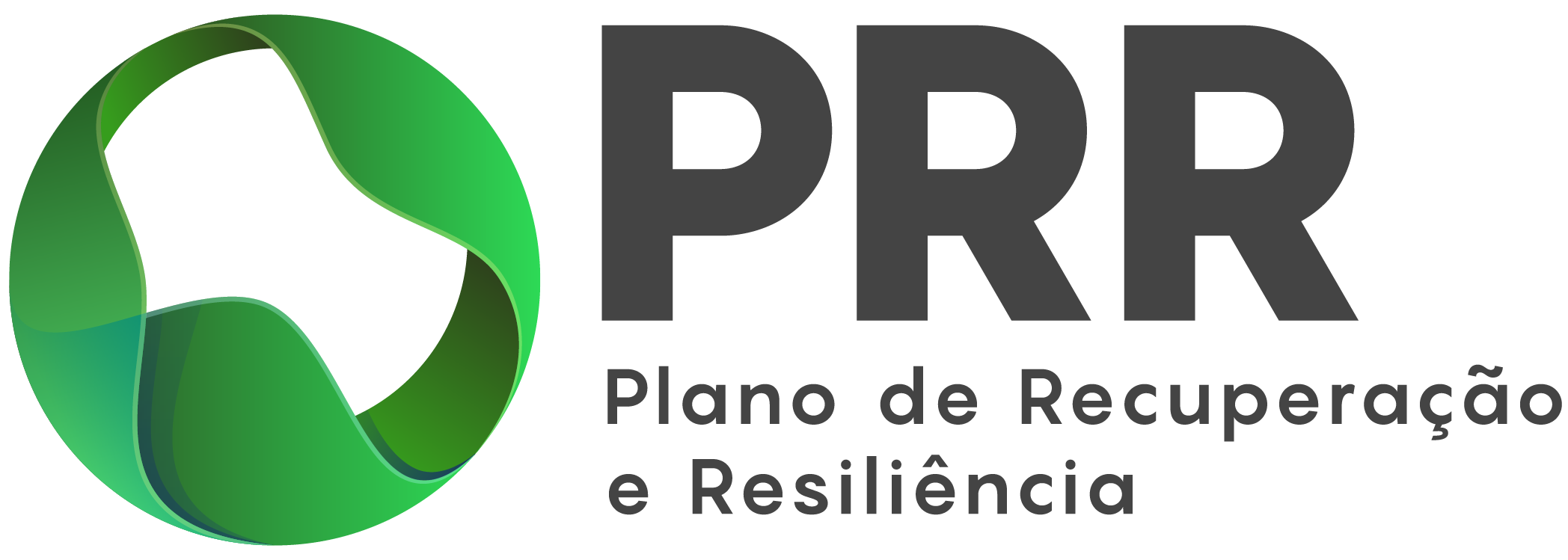The Aeronautics, Space and Defence cluster has the challenge of leveraging critical advantages and developing solutions at an accelerated pace, in line with the current challenges of commercial and executive aviation and in the context of defence.
From Portugal to the world, the country exports components (metal and composite), moulds, machinery and support tools, products that add value to the additional capacity that the business fabric must provide design, engineering, and software development solutions critical to the aircraft of the present and the future.
The Portuguese aeronautics industry's offer participates in several international aeronautics programmes from the most varied OEMs, which recognize the quality of Portuguese solutions developed in the field of aerostructures, tools, critical systems for navigation, electronics, software, maintenance, repair, overhaul and testing of aeronautical components. Also, the current capacity of Portuguese companies to manufacture and operate UAS/Drones as a service should be highlighted.
More than 200 Portuguese companies supply the various aviation segments, with 90% of production destined for highly sophisticated foreign markets. The main customers are OEM and Tier 1 of reference worldwide.
The Portuguese industry combines skills in aerostructures (metal and composite), aeronautical interiors, critical and support equipment and technologies, and maintenance, repair, and overhaul. Industry 4.0 has also fostered a national ecosystem of more significant development, allowing digital transformation to be applied to the aeronautics industry through data analysis, artificial intelligence, augmented reality, robotics, additive manufacturing, and manufacturing systems management.
It is an attractive sector for direct investment in Portugal and for establishing strategic partnerships (International Joint-Ventures) and commercial partnerships with credible partners in the national ecosystem.
In the aerospace context, the quality of products and solutions made in Portugal facilitates Portugal's inclusion in some of the most challenging European space programmes. The Portuguese offer is diverse and adds value in the various fields of space applications, such as satellite communications, global navigation systems, space, robotics technologies, and, increasingly, Earth Observation. In the current era of New Space, Portugal has ambitious goals that will demonstrate the country's resilience and extraordinary capacity in the short and medium term.
Highly qualified human capital stands out in this sector, and, in this context, Portugal benefits from the high quality of Portuguese talent, with the 3rd highest rate of engineering graduates in the European Union. In addition, the existence of training centres with curricula that meet the primary needs of companies operating in the aerospace industry is a competitive factor for the national industry.
Portugal's geostrategic position is also an additional advantage. Its proximity to aerospace hubs in other European countries and its position linking the European continent to the American and African continents, with privileged access to the Atlantic Ocean, are key factors.
More than 55 Portuguese companies operate in a specialized way in the space sector and promote the development of integrated solutions that respond to the upstream, midstream, and downstream segments. This means that there is the capacity to respond on several fronts, namely, in the production of tools and support equipment, in the production of components for satellite operations, in software development and the development and production of in-orbit telecommunications systems.
The business sector works in full coordination with the 30 Portuguese Research and Development centres, which, with high standards of research and innovation, accelerate the Portuguese offer in the context of Astrophysics and Space Science and Special Traffic Management.
There are several companies developing solutions for use in the defence economy. The Portuguese industry's strong capacity for integration into international cooperation projects highlights the quality and sophistication of the products and services developed by Portugal's most specialized industry as a member of the North Atlantic Treaty Organization (NATO).
Portugal develops C4I technologies (command, control, communications, computers, and intelligence) for military operations, equipment and software for simulation and training, and complementary technologies to the production capacity for manufacturing components and systems (electrical, electronic, and mechanical). Portugal also has skills related to high-quality uniforms.
The contribution of component and system testing services and aeronautical and naval maintenance, repair and overhaul activities are also specialized services to be highlighted in the defence economy.




